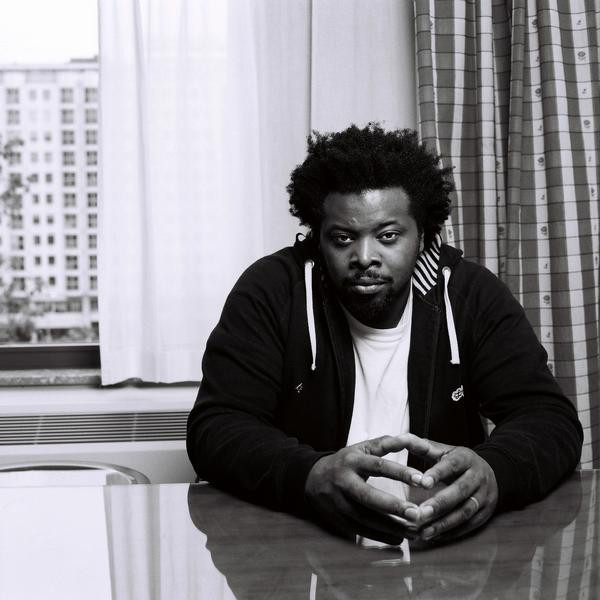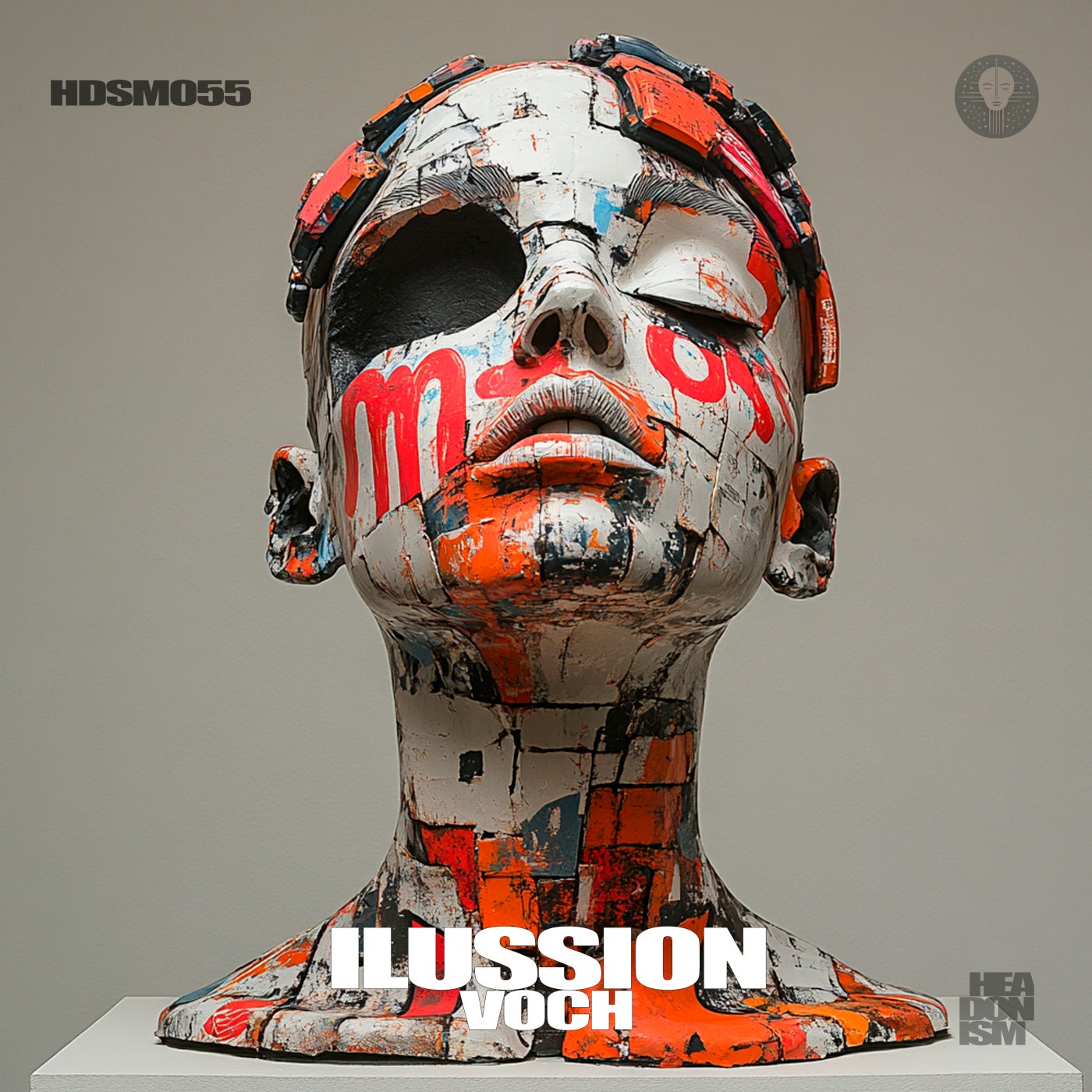Fuse ODG has hit back at Band Aid’s remake of ‘Do They Know It’s Christmas?’ with the single ‘We Know It’s Christmas’.
The British-Ghanaian singer – who recently criticised foreign aid in Africa – revealed that his single is “not just a song” but “a statement”. The track’s accompanying video opens with a clip of the Grammy-award-winning musician’s appearance on ITV’s Good Morning Britain in which he said “African problems need to be solved by Africans”.
In the video’s description, the singer shared: “‘We Know It’s Christmas’ serves as a direct rebuttal to the 1984 Band Aid single, ‘Do They Know It’s Christmas?’ which, according to Fuse, perpetuates outdated and negative stereotypes about Africa, portraying the continent solely as a place of poverty and famine.
“The release date also marks the 10th anniversary of the moment Fuse ODG made global headlines by turning down an invitation to join the 2014 revamp of the Band Aid project led by Sir Bob Geldof. The musician’s decision ignited widespread debate, but Fuse stood firm, asserting that African voices should be at the forefront of telling their own stories.”
“It’s a reflection of where we’ve come from and where we’re going,” Fuse added. “Ten years ago, I made a stand because I believed it was time for Africans to tell their own stories and to redefine the narrative. This song is a celebration of that shift. We’re no longer waiting for charity; we’re building our own futures. This is about empowerment, pride, and showing the world that Africa’s story is far more than poverty and aid.”
Fuse’s track comes after Ed Sheeran spoke out about his voice being used for the ‘2024 Ultimate Mix’ version of ‘Do They Know It’s Christmas?’ without being asked for permission.
The new mix of the song, produced by Trevor Horn, brings together all of the voices from three versions of the track, recorded in 1984, 2004 and 2014. “My approval wasn’t sought on this new Band Aid 40 release. Had I had the choice I would have respectfully declined the use of my vocals,” Sheeran wrote on Instagram Stories.
“A decade on and my understanding of the narrative associated with this has changed, eloquently explained by @fuseodg,” he continued. “This is just my personal stance, I’m hoping it’s a forward-looking one. Love to all x.”
In the update, Sheeran also shared a screenshot of a post made by Fuse ODG – who he mentioned in his statement – who explained why he turned down the offer to contribute to the 2014 version.
Originally, the charity single was masterminded by Geldof and Midge Ure, in an effort to raise money for the Ethiopian famine. It sold a million copies in its first week and, at the time, was the fastest-selling single in UK chart history.
Speaking with Billboard, Geldof spoke out about his thoughts on Sheeran’s stance and said he is looking to reach out to him for a discussion.
Following the comments, a source close to Band Aid told NME that Geldof had reached out personally to Sheeran on the matter, and the former Boomtown Rats frontman later defended the single in an interview.
Additionally, Live Aid’s promoter, Harvey Goldsmith, responded to recent criticism, calling those taking issue with the track “busybodies and woke people and do-gooders”, and Mike Stock, a co-writer for the second version of Band Aid (1989) criticised Bob Geldof for leaving the single out of the new 2024 ‘Ultimate Mix’ edition.
The song gathered mixed responses from fans upon its release, and another person to speak out about the potentially negative impact of the track was Ethiopia’s Prime Minister Abiy Ahmed. While acknowledging that the original version was “well-meaning at the time”, Ahmed added that it was “frustrating to see our nation’s ancient history, culture, diversity and beauty reduced to doom and gloom”.
In other news, the single is currently in the running for the Number One spot on the singles chart in time for Christmas 2024.
Last year, it was WHAM! who took the crown with their iconic holiday hit ‘Last Christmas’. Reaching the top spot nearly four decades after it was first released, George Michael and Andrew Ridgeley made history by setting the record for the longest-ever journey to the UK Christmas Number One.



















 English (US) ·
English (US) ·